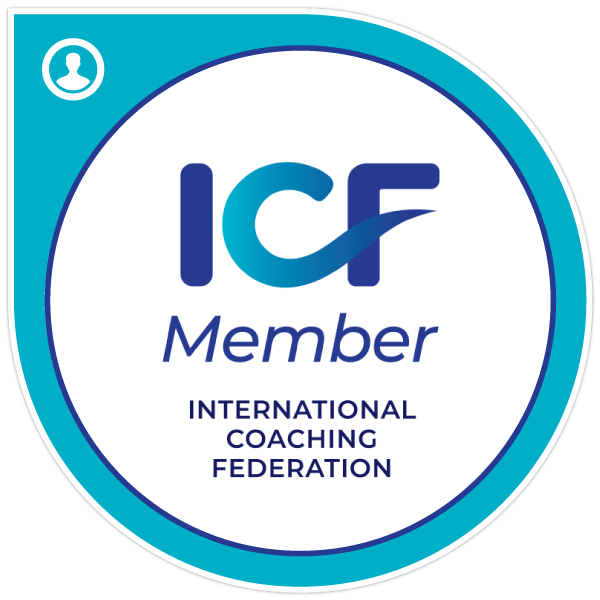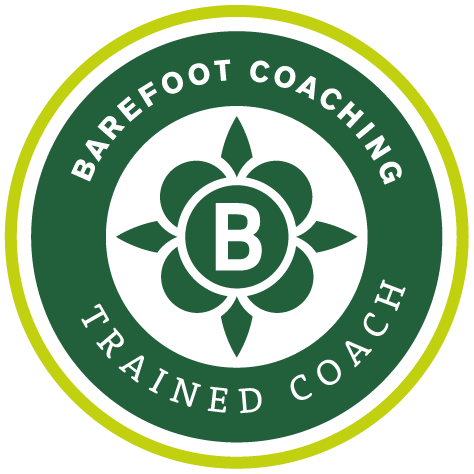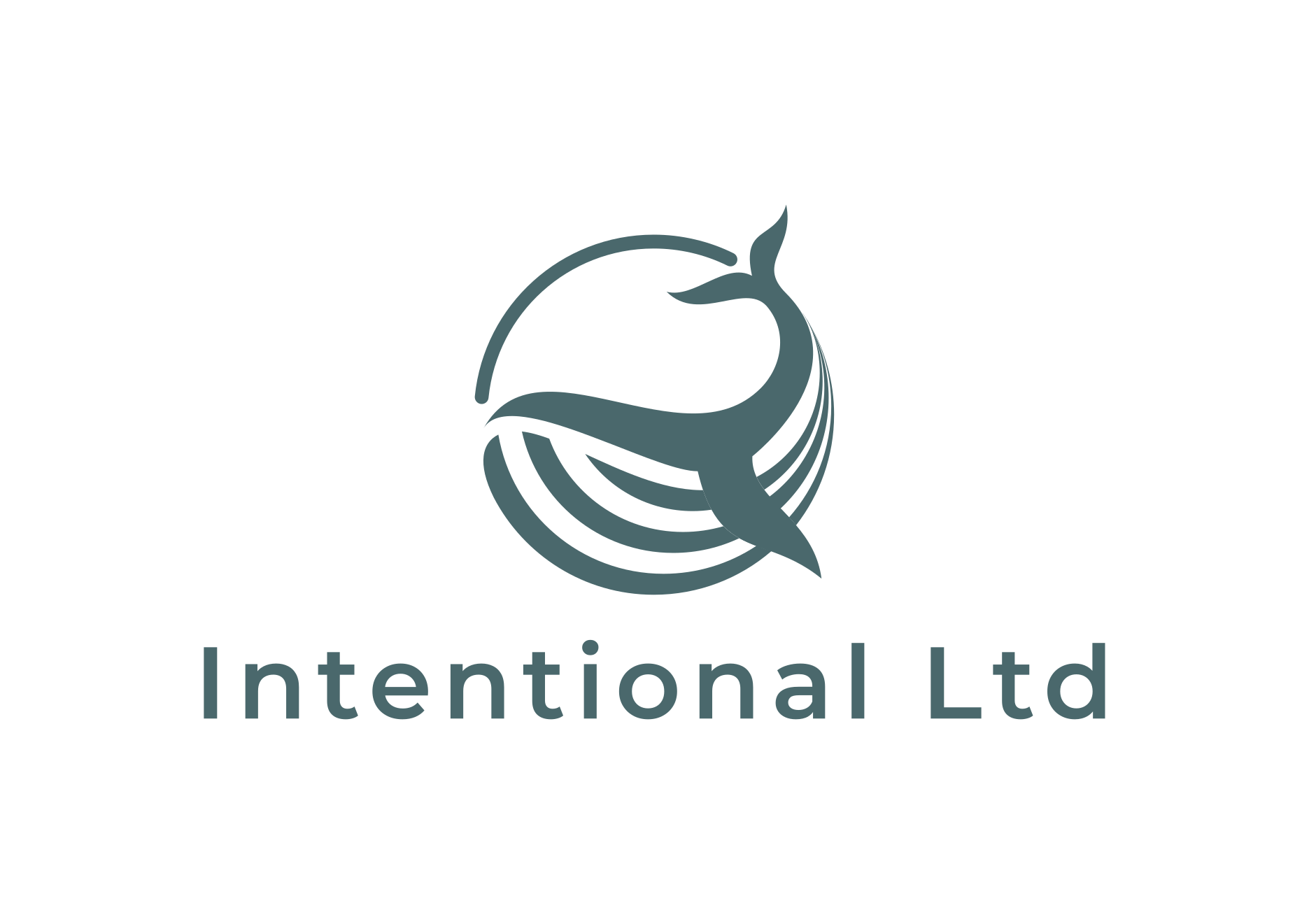Autism & Career Posts

Post-diagnosis support for late-diagnosed autistics
If you work full time, you will spend about 80,000 hours of your life at work. Do you find yourself spending your evenings and weekends recovering from work? If you're autistic, you're likely to find work takes most of your energy and spoons - I know it can for me. The thing is, it doesn't have to. As an Autistic Career coach, I help people to unpick current workplace difficulties, and plan and build a career which is truly sustainable for them. This can form a vital part of post diagnostic support, especially for late diagnosed autistics like me. Reasonable adjustments are important, but they're not the whole story.
With that said, here are a couple of ways Autistic Career Coaching can support you post-diagnosis.
Understanding yourself
Coaching can provide the time, space, and tools you need to understand your own autistic traits and how they impact you at work and at home. Coaching can be what you need it to be - when you work with me, we co-create our ways of working to foster a space where your brain can do it's best thinking. Understanding yourself ultimately starts with noticing what's going on for you - which you can get started with today by keeping a list of when you feel particularly good/bad. Once you have that understanding, you can start making changes like setting boundaries and asking for accommodations.
If you want some help identifying your emotions, there's a great emotions wheel you can see here.
Career planning
Career planning can take many forms. Fundamentally, we'll look at the following things:
Your skill set
Even if you don't know it yet - there are things that you're great at. We'll uncover them together.
Your interests
We often have strong moral compasses, and this can show up in the organisations we're willing to work for and our special interests.
Your difficulties
In order to be sustainable, a career cannot contain too many of your difficulties or you'll burn out and end up job hopping.
Your life goals
If you have certain work/life balance or income goals, these should be taken into account when planning your career.
You can still plan your career path if you want to change jobs regularly - it becomes part of the plan and you'll focus on building your transferable skills rather than developing in a specific direction.
Interested in finding out more? Click here to book a discovery call.
www.intentionalcoach.co.uk


